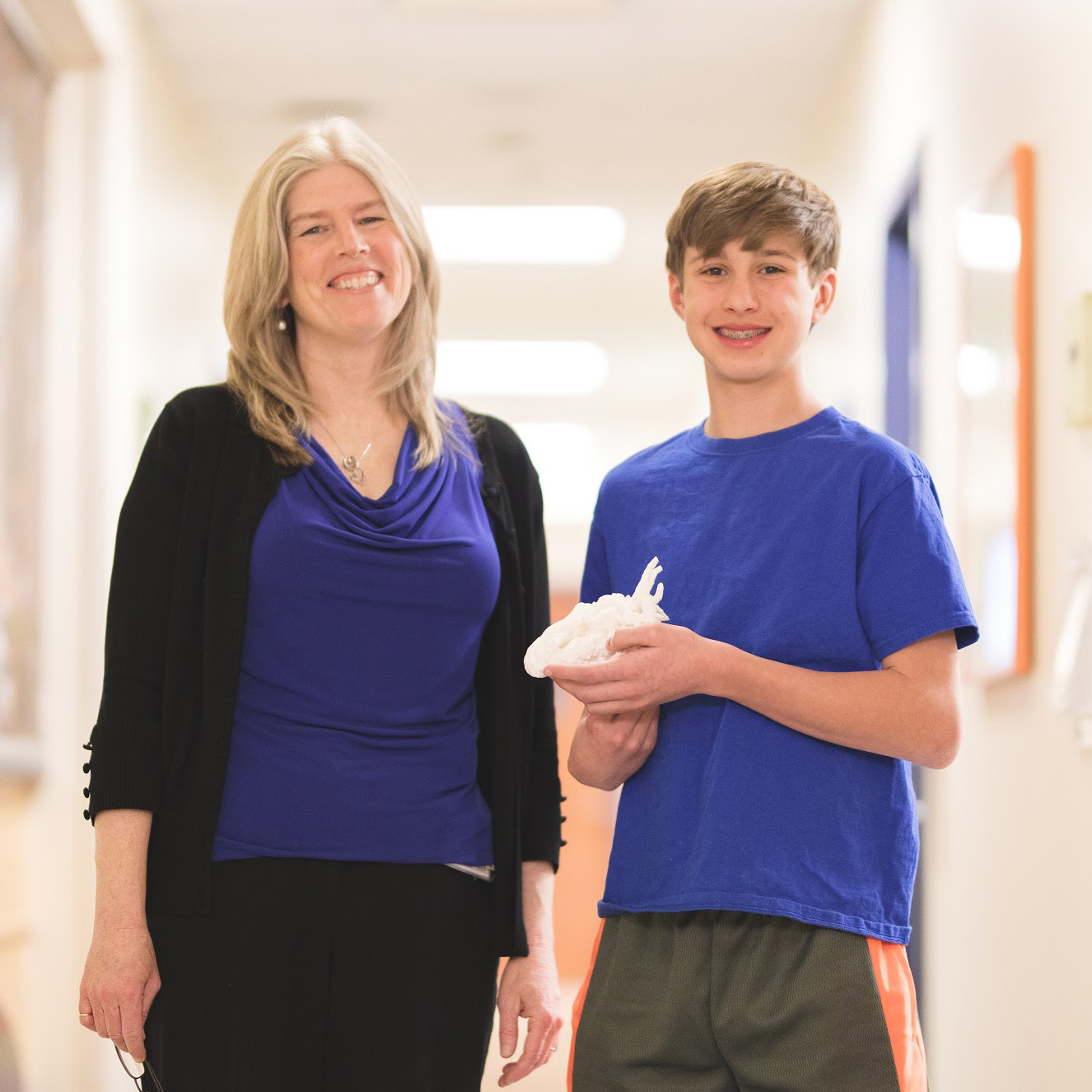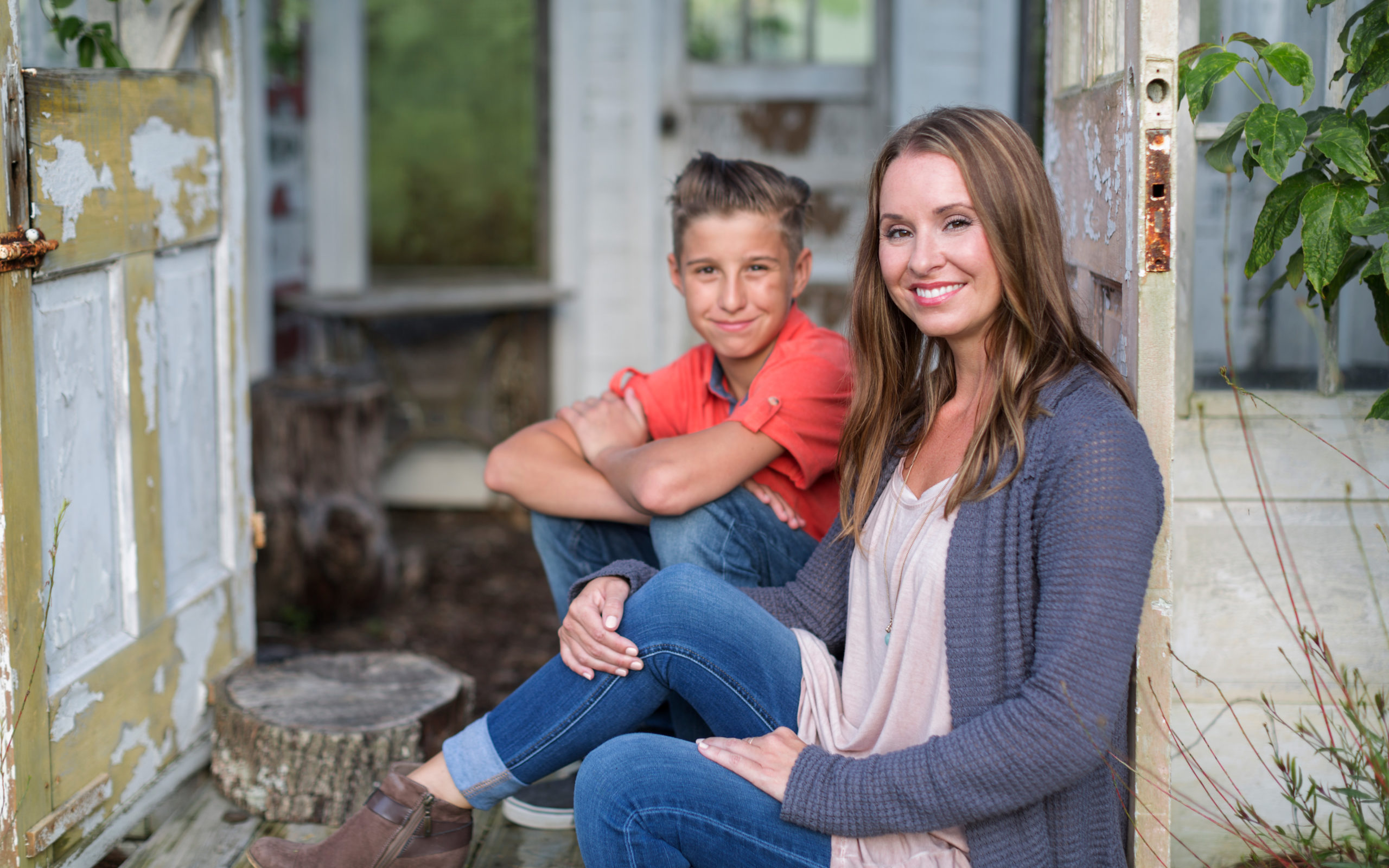Partnering with children’s healthcare providers is a mutually beneficial partnership.
Shared decision making. Partnering with your doctor. Being the most important member of the healthcare team. “Family-centered.”
What does it all mean?
My son, Kael, was born in 2004 with Taussig-Bing Anomaly, a rare and complex congenital heart defect. He had his first open heart surgery at eight days old, his second at five and half months, and has endured everything from being diagnosed with failure to thrive, to having a tonsillectomy. By the time he turned 10, he had endured more than 20 surgeries, including a third open-heart procedure.
Our journey will not stop; Kael will never be “cured.” Needless to say we spend a lot of time in the hospital and the doctor’s office.
Although I have supportive family members and friends, I find myself leaning on nurses, doctors and staff. Through these relationships, I’ve come to understand the meaning of family-centered care.
It means being included in rounds, asking questions and offering comments.
Caring for my son is my responsibility. I need to understand all our options and be a part of all decisions concerning his care.
It means hearing the doctor say, “I don’t know, but we’re going to figure it out together.”
Throughout our journey, there have been times when the doctors weren’t sure how to proceed, but they never stopped. I understand they don’t have all the answers all the time, but if we partner together we can find solutions.
It means I rely on the doctors’ and nurses’ expertise. Likewise, they rely on me because I know my child best.
Sometimes my gut instincts are all I have. Kael’s cardiologist understands that, and takes me seriously if I say something isn’t right.
It means the doctor and nurses seek to understand my family’s dynamics.
They understand and respect how we operate as a family. All families have different situations that can affect a child’s care.
To put it simply, I’m a part of my son’s healthcare team.
As parents, we advocate for our children regardless of their health needs. That will never change. When we think about partnering with our healthcare providers, we must look at it as a mutually beneficial partnership. We all have the same goal, so parents and caregivers must collaborate with healthcare providers to make sure our children receive the best care possible.
This post was written by Kara Adams, who is Program Coordinator for Family Voices of TN and runs its Tennessee Parent to Parent program. She also serves as past chair of the Patient and Family Advisory Council at Monroe Carell Jr. Children’s Hospital at Vanderbilt.

Expert Pediatric Heart Care
The Pediatric Heart Institute at Monroe Carell Jr. Children’s Hospital at Vanderbilt is recognized as one of the nation’s best by U.S. News & World Report for delivering leading-edge, compassionate care to children.

